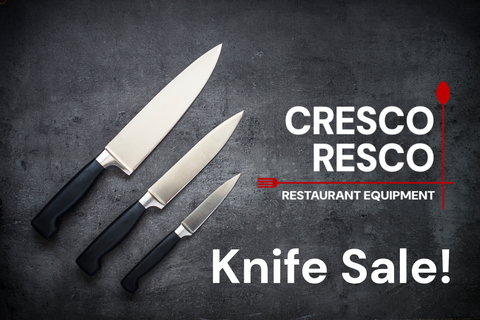
The allure of the open road, a flexible schedule, and the joy of sharing your culinary creations with the world: these are just a few of the reasons that draw entrepreneurs to the food truck industry. Starting a food truck business can be an exciting venture, but like any enterprise, it requires careful planning and dedication. In this post, we'll walk you through the steps to set up your very own food truck business and highlight a key resource, restaurantequipment.com, where you can buy essential supplies.
1. Research and Planning
Before jumping into the world of food trucks, it's crucial to conduct thorough market research. Understand your target audience, scout locations, and survey the competition. Draft a comprehensive business plan detailing your truck's concept, menu offerings, financial projections, and marketing strategies.
2. Choose the Right Truck
Your food truck is both your kitchen and your storefront, so choose wisely. New trucks can be costly, but used ones might require extensive modifications. Consider factors like size, kitchen layout, and fuel efficiency. Remember to account for growth — you might need extra space sooner than you think!
3. Obtain Necessary Permits and Licenses
The permits and licenses you'll need vary depending on your city and state. Typically, you'll require:
- Business License
- Health Department Permit
- Mobile Food Facility Permit
- Food Handler's License
- Fire Certificates (if using open flames)
4. Design and Branding
First impressions count! Design a catchy logo, and ensure your truck's exterior reflects your brand. Don’t forget to consider the interior layout, ensuring it's efficient for cooking and serving.
5. Buy Essential Equipment
This is where restaurantequipment.com comes in handy. This online platform offers a comprehensive range of equipment tailored for food businesses, from fryers to refrigerators. Buying quality equipment ensures consistency in your food preparation and can save you from unforeseen breakdowns and disruptions.
6. Plan Your Menu
Your menu should reflect not only your culinary passion but also the preferences of your target audience. Ensure it's diverse enough to attract a broad range of customers but focused enough to maintain food quality and quick service.
7. Set Prices
Cost out each item on your menu, taking into account ingredients, labor, and overhead. Remember to factor in a profit margin. Competitive pricing is crucial, but don’t undervalue your offerings.
8. Decide on a Location
Location can make or break your food truck business. High foot traffic areas, proximity to businesses or schools, and local events can boost your customer base. Also, consider partnering with local businesses for parking agreements.
9. Market Your Food Truck
Leverage social media platforms, engage with local influencers, and attend community events. Offering promotions or loyalty programs can also help in attracting and retaining customers.
10. Stay Adaptable
The food truck industry can be unpredictable. Weather, local regulations, and customer preferences can change. Being adaptable and open to feedback will help you navigate challenges and keep your business thriving.
Starting a food truck business is an exciting journey, combining culinary passion with entrepreneurship. With careful planning, the right equipment (don't forget to check out restaurantequipment.com), and a commitment to serving delicious food, your food truck can be the next big hit in town!



